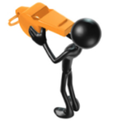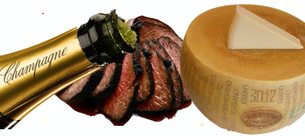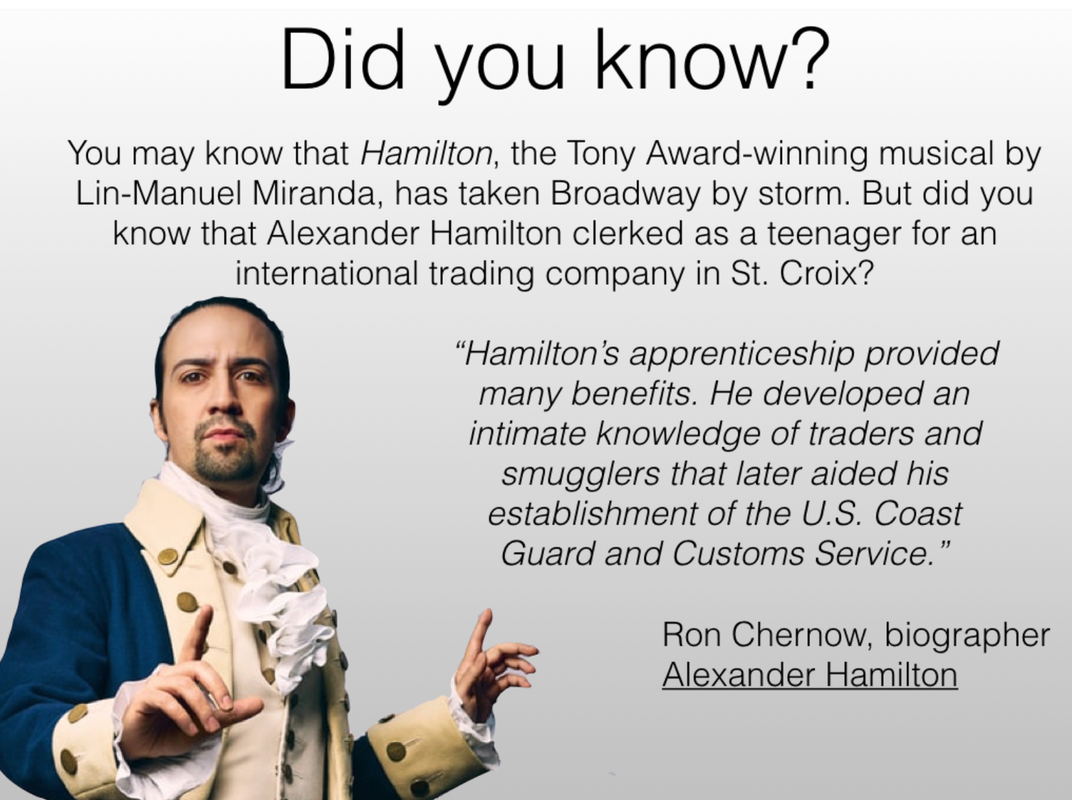|
Our legal system is adversarial, hardwired to produce winners and losers. The rules for picking winners and losers are open to interpretation and are prone to human error, bias, and corruption. Human error, bias, and corruption are why records are kept of proceedings, why those records are available to the public, and why a losing party can usually appeal an adverse decision to a higher authority.
A losing party often loses sight of these fundamental facts and overlooks the possibility of challenging a wrong decision. Whether you can afford further action or whether the legal climb is too steep, reviewing your legal options should be automatic. This check is particularly important in tariff classification. Picking the correct number under the Harmonized Tariff Schedule of the United States (HTSUS) is important not only for importers seeking lower duties on their imported merchandise, but also to avoid penalties from US Customs and Border Protection (CBP). That agency every day issues classifications rulings or otherwise determines the proper classification upon liquidation. Importers seldom challenge these decisions because the deem the exercise to be futile. Often the exercise might pay off. On August 24 of this year, CBP published in the Federal Register twenty-one modifications and revocations of previous classification rulings, nine on August 17, seven on July 6, and eight on June 22. That is not even counting the CBP classifications overturned by the courts. These numbers strongly indicate the potential benefits of challenging a CBP classification decision. Tariff classification is complicated and arguing for a certain HTSUS provision requires an experienced legal advocate with a record of success. Please let us know if you require our assistance.  Do you hate, just hate paying antidumping duties knowing that your competitors don’t? Or, even if you don’t pay antidumping duties, does it bother you that some companies evade laws designed to protect our domestic industries from what our country considers foreign economic predation? Now you can do something about it. On August 22, 2016, U.S. Customs and Border Protection issued interim regulations that force it to formally investigate claims of evasion of antidumping or countervailing duty order. The public has forty-five days to submit comments. The new rules aren’t called whistleblowing, but that’s what they are. If you are an interested party, you will be able snitch on someone who you think is evading antidumping duties and CBP is required to keep you in the loop as it investigates. CBP is authorized to extend its investigative tendrils out to foreign parties and will draw negative inferences if those parties aren’t cooperative. If CBP uncovers evasion, among other things, it will suspend liquidation and likely penalize the importer and other parties involved in the evasion. Only “interested parties” will be able to report evasion, but include a wide range of entities. Importers and foreign producers of covered merchandise qualify, but so do domestic manufacturers, producers, wholesalers, labor unions, and trade or business associations if these entities are directly associated with a domestic like product. Other government agencies can also report evasion. You won’t be able to report evasion anonymously and you don’t share in any antidumping duties collected, although you may ask that your business information be kept confidential. CBP is required to assist small businesses in preparing and filing evasion reports. Our September 21st webinar on Antidumping Duties will cover this topic in more detail.  You know what sticklers we here in the U.S. are about protecting intellectual rights and how we bemoan the ocean of counterfeit imports flooding into our country? The funny thing is that our fastidiousness can be selective. Larry Olmested, a writer for Forbes, wrote a book called Real Food, Fake Food that reviews some of the foods that we Americans think we consume but we actually don’t. I can pretty much confirm that I have never had real Parmesan Cheese, and neither have you. Sure, waitpeople shave pungent blocks over our pasta to enhance the taste and restaurants call the block and shavings Parmesan, but it probably isn’t real Parmesan. Now if we were eating in Europe and we ordered Parmesan, restaurants would be legally be prevented from serving Parmigiano-Reggiano that wasn’t from a certain region in Italy. By the way, the 80 lb. wheel of Parmigiano Reggiano pictured above goes for $2,499 on Williams-Sonoma’s website, which may help explain why US citizens do not much complain about buying knockoffs. I cannot include myself in that group because I am a vegan and do not consume dairy products. The current issue of Newsweek has an article on Kobe beef. For most of the past decade and a half, the USDA made it illegal to import Kobe beef, which really can only be raised in Kobe Japan. Even when the ban was lifted almost none of the valuable meat made it to the USA. Japan barely exports any to our country and only to a handful of licensed restaurants. That’s not to say that you can’t easily find people selling Kobe-style cuts or Wagyu beef. Wagyu is the type of cow that ranchers in Kobe, Japan raise. The prices for non-Japanese brands vary tremendously and there really is no one policing to see if what you buy is actually Kobe Beef. There are online sellers who claim that they import Kobe certified steaks from Japan for about $500 a steak, but are the claims legitimate? Again, I’m vegan so I may be the last person on earth who to ask. You may have sipped bubbly on New Years Eve that everyone calls Champagne, but it probably wasn’t real Champagne. Like Parmesan and Kobe Beef, Champagne refers to a unique product produced in a very specific region in a foreign country. The region is the eponymous producer of the product, as with Kobe and Parmesan. In this instance, the region is Champagne, France. The intellectual property at issue is called a geographical indication, a type of trademark. The U.S. recognizes some GIs, including Idaho Potatoes, Florida Oranges, Napa Valley Vines, and Washington State Apples. Cognac is one of the few foreign GIs that our country recognizes. There is a Champagne Bureau in Washington, D.C. that lobbies to convince our country to legally allow only Champagne from Champagne, France to be labeled. “only wines made from the grapes grown and harvested in Champagne and then produced under the strict regulations of the Champagne appellation can bear the Champagne name. This unique location – called terroir in French – is integral to the wines that are produced and that is why the Champagne community and quality wine producers worldwide call for the all wines that bear the Champagne name to only come from Champagne, France.” The French’s frustration is palatable (like everything else French). They probably don’t understand why the U.S. continues to allow its citizens to drink fraudulently (from their vantage) labeled sparkling wine. The Champaign Bureau laments: “While most quality winemakers around the world do not misuse geographic indications, that is not the case in the United States. The Champagne Bureau, USA remains committed to promoting and protecting the Champagne name worldwide and is working with U.S. consumers, trade, and negotiators to ensure that the Champagne name is protected in the United States and that all mislabeling of U.S. sparkling wine is permanently banned in the United States.” I would drink to that, but I don’t drink. I wonder if Tofu is a region in China? |
Oscar Gonzalez
Principal and a founding member of GRVR Attorneys. Archives
September 2016
Categories
All
|
- Home
- Who we are
-
Our Practice
- Customs and Import
- 301refunds
- Export
- Litigation
- Section 232 and 301 Tariffs
- Outsource Your Classification
- CBP Audits
- Fines, Penalties, Forfeitures, and Seizures
- Customs Brokers
- C-TPAT >
- Foreign-Trade Zones
- Antidumping and Countervailing Duties
- Intellectual Property RIghts
- Foreign Corrupt Practices Act
- Manifest Confidentiality
- Contracts and Incoterms
- False Claims Act and Whistleblower
- Blog
- Resources
- Calendar and Events
- Best Customs Broker Exam Course
- Contact


 RSS Feed
RSS Feed
